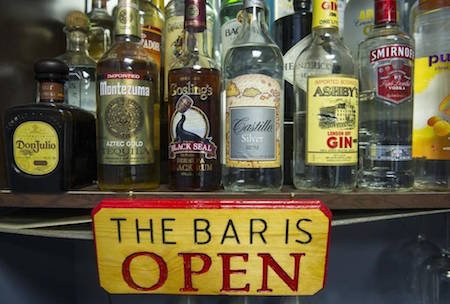WESTWOOD—A bill proposed by state Senator Scott Wiener (D-San Francisco) in February is aimed to allow extensions for alcohol sales in bars and restaurants to 4 a.m. The current mandated cutoff hour for California alcohol sales is 2 a.m.
The Let Our Communities Adjust Late Night Act (LOCAL) would allow, but not require, establishments to extend alcohol service hours. The process of extension would involve the local government, law enforcement, the Department of Alcohol Beverage Control (ABC), and the public. Organizations such as the California Restaurant Association and the Golden Gate Restaurant Association are supporting the bill, along with the San Francisco Chamber of Commerce.
“California is a diverse state, with cities and neighborhoods that have different needs when it comes to nightlife. By granting local control to our cities to extend their late night hours, we can support areas that benefit economically and culturally from a strong nightlife presence, while ensuring that other cities and neighborhoods retain their current rules. This nuanced approach has been successful in other cities across the country, and California cities should have the same options as places like Chicago, New York, and Washington D.C.,” said Senator Wiener in a statement.
According to the Daily Bruin, community members and business owners in Westwood Village feel that the city will be unaffected by the bill. Andrew Thomas, Executive Director of the Westwood Village Improvement Association, thinks the bill would benefit an area with more bars and an active nightlife.
According to Los Angeles Weekly, a representative from Wiener’s office stated:
“The states with the highest rates of DUI-related fatalities skew more towards having service hours of 2 a.m. or earlier, and the states with the lowest rates, other than Utah, allow for later service hours either statewide or through local control. That’s not to imply that states with later closing hours have fewer DUIs, just that there is no clear correlation between later service hours and higher DUI rates, as some critics claim.”
Senator Wiener’s office compiled a list of numbers from a 2015 National Highway Traffic Safety Administration report to show percentages of drivers involved in deadly crashes with a blood alcohol count of .08 or higher. No correlation was found between states with low numbers of drunk driving fatalities and those with early last calls.






